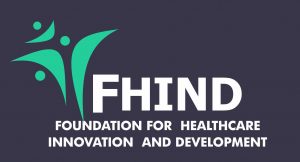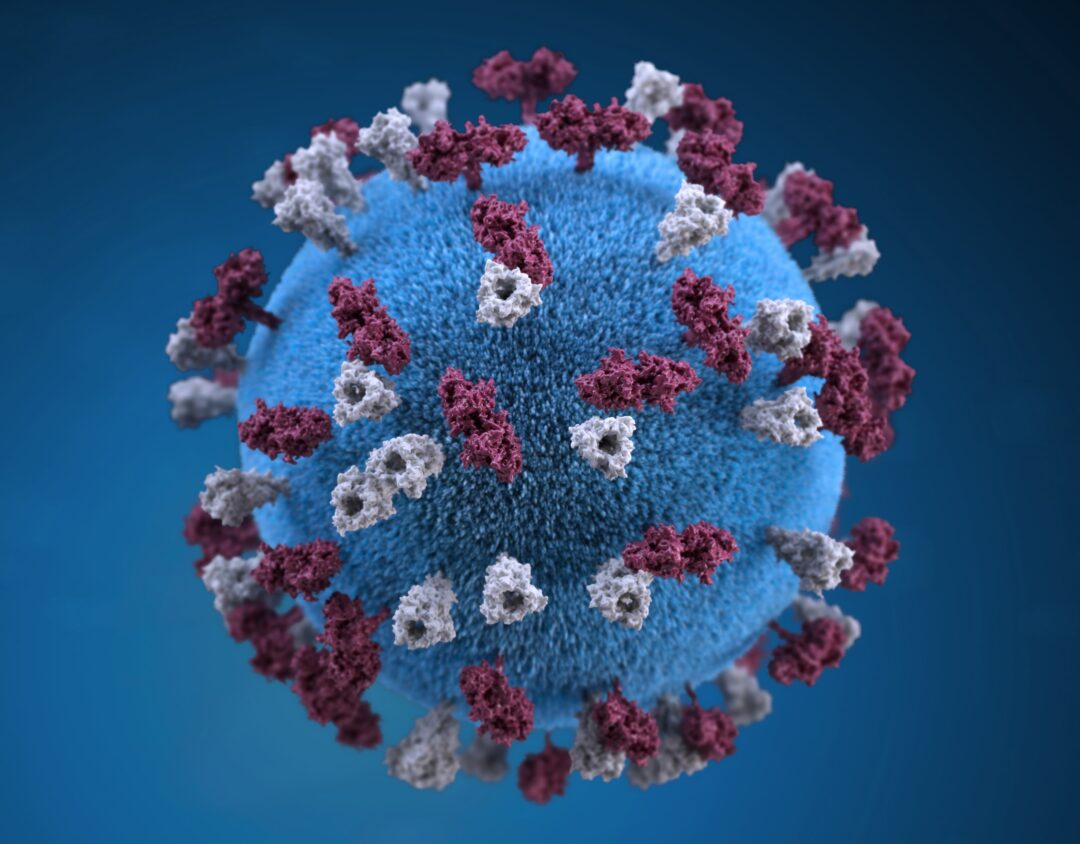Abstract
Objective To pilot the use of a scalable innovative mobile health (mHealth) non-communicable diseases (NCDs) training application for nurses at the primary care level.
Design Mixed methods pilot of mHealth training on NCD care for nurses at primary healthcare (PHC) facilities. We provide a descriptive analysis of mHealth training test scores, with trend analysis of blood pressure (BP) control using paired t-test for quantitative data and thematic analysis for qualitative data.
Setting PHC facilities in rural and urban communities in Cross River State, south eastern Nigeria. NCDs were not part of routine training previously. As in most low-and-middle-income settings, funding for scale-up using conventional classroom in-service training for NCDs is not available in Nigeria, and onsite supervision poses challenges.
Participants Twenty-four health workers in 19 PHC facilities.
Intervention A self-paced mHealth training module on an NCD desk guide was adapted to be applicable within the Nigerian context in collaboration with the Federal Ministry of Health. The training which focused on hypertension, diabetes and sickle cell disease was delivered via Android tablet devices, supplemented by quarterly onsite supervision and group support via WhatsApp. The training was evaluated with pre/post-course tests, structured observations and focus group discussions. This was an implementation pilot assessing the feasibility and potential effectiveness of mHealth training on NCD in primary care delivery.
Results Nurses who received mHealth training recorded a statistically significant difference (p<0.001) in average pretest and post-test training scores of 65.2 (±12.2) and 86.5 (±7.9), respectively. Recordings on treatment cards indicated appropriate diagnosis and follow-up of patients with hypertension with significant improvements in systolic BP (t=5.09, p<0.001) and diastolic BP (t=5.07, p<0.001). The mHealth nurse training and WhatsApp support groups were perceived as valuable experiences and obviated the need for face-to-face training. Increased workload, non-availability of medications, facility-level conflicts and poor task shifting were identified challenges.
Conclusions This initiative provides evidence of the feasibility of implementing an NCD care package supported by mHealth training for health workers in PHCs and the strong possibility of successful scale-up nationally.
Download full project report here : mHealth guideline training for noncommunicable diseases in primary care facilities in Nigerial

